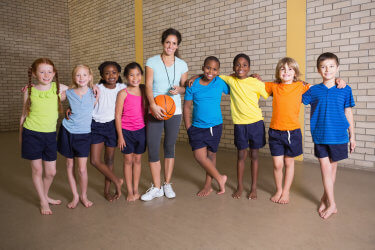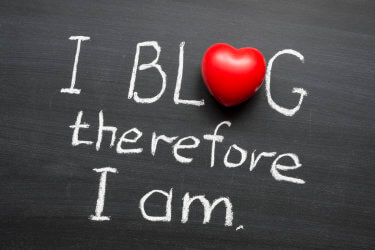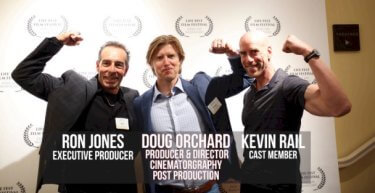Earlier this year, many members of my school community felt the impact of President Donald Trump’s controversial Executive Order to temporarily ban travel to the U.S. by refugees and immigrants from some majority-Muslim countries. My school has a significant number of students who are either immigrants or the children of immigrants.
Just after the ban was announced, one of my colleagues attempted to start a donation drive for the International Institute of St. Louis (IISTL), St. Louis’ welcoming center for new Americans. Each year, IISTL provides services, such as education, refugee resettlement, employment, training, and immigration assistance to more than 7,500 immigrants and refugees from 80 different countries. IISTL also collects charitable donations to fulfill family wish lists for “basic” items, such as kitchen gadgets, cleaning products, personal items, school supplies, linens, and furniture. My colleague contacted IISTL and surprisingly, they turned her away. “We have great news,” they said, “Our shelves are full and we can’t accept anything at this time.”

Even though I knew the IISTL wasn’t accepting donations, I checked out the New American Wish List anyway. I saw mixing bowls and mops, toothpaste and toilet paper, clean dolls and children’s books, shower curtains and…soccer balls. Soccer balls?! “Surely the IISTL doesn’t have a lot of soccer balls,” I thought. “I know just the school to help them out!” I immediately emailed IISTL to introduce myself and explained that I teach physical education at a middle school that frequently collects items and donations for various organizations. I said I was aware they weren’t collecting anything but had a feeling they didn’t have many soccer balls on hand. A representative wrote back right away, saying, “Yes, we can always use soccer balls!”







